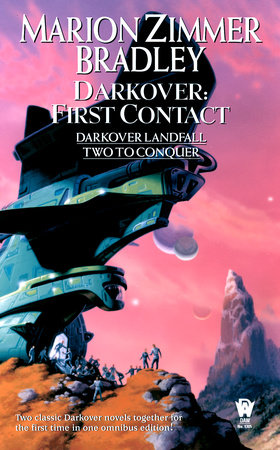

Humanity as it exists is spread across a large number of interstellar colonies.

A new body can be grown for a soul chip, and the soul-chip will then decompress the mind it stores into the body. Without a brain a soul chip is just an inert data card, but any body is eminently replaceable. A person’s mind is backed up on soul chips, electronic wafers that contain the essence of their mind. That kind of body is just generally not suitable for the rigors of space travel, the radiation and longevity problems inherent in the medium. In the universe of Neptune’s Brood, human life as we would recognize it (known in that time and place as “Fragile”) has gone extinct more than once, only to be revived. If you like one, I’d guess you’d like the other, but they can be enjoyed independently. I’ve not read Saturn’s Children, but from what I gather, Neptune’s Brood is not a sequel and the time lapsed between the two is so long that there aren’t any narrative lines from one to the other in any case. Neptune’s Brood takes place in the universe of Stross’s book Saturn’s Children, but can easily be read as a standalone. You can consider this part 1 of the review I’ll write up the rest when I’ve finished the book. But the Hugo deadline is tomorrow and this is the last posting slot I have before the deadline, so if I want to share my review before the deadline it’s got to be a partial. I haven’t finished reading the whole book yet. Charles Stross’s Neptune’s Brood is the last of the batch, and I only got my hands on it mid-July when I borrowed it from a friend–the publishers decided not to put it in the Hugo packet, and neither Stross nor Penguin were interested in providing a review copy so I had been intending to just skip the book until the opportunity to borrow it came up.

This is the first year that I’ve actually managed to read all of the nominees in the Hugo novel category, at least a portion of each.


 0 kommentar(er)
0 kommentar(er)
